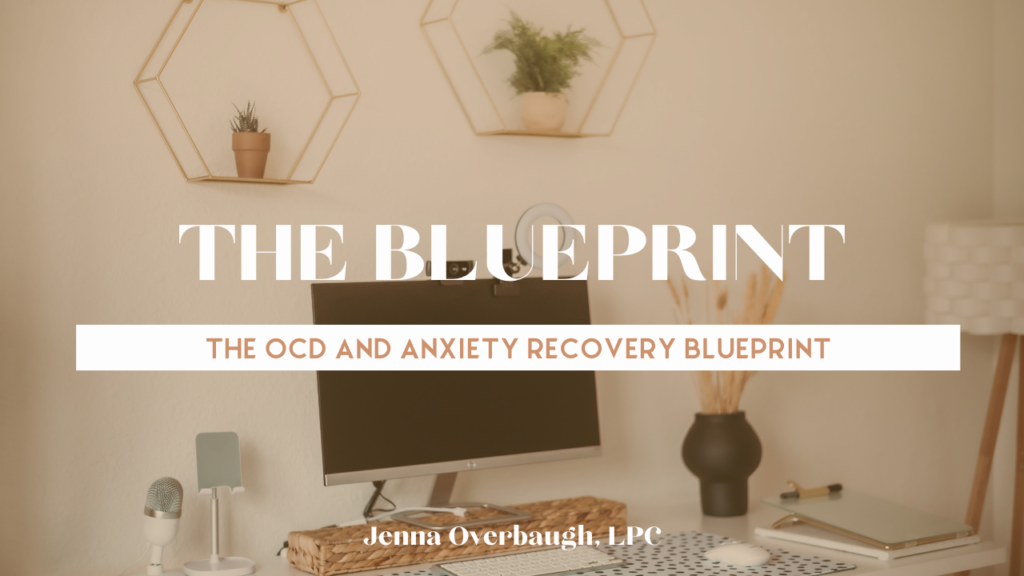Mastering OCD Management: How to Effectively Track Your Triggers
February 27, 2024
Living with Obsessive-Compulsive Disorder (OCD) often involves navigating a complex web of triggers and responses. As a therapist specializing in Exposure and Response Prevention (ERP) and Acceptance and Commitment Therapy (ACT), I understand the importance of identifying and tracking these triggers. This blog explores the significance of this practice and offers guidance on how to effectively do it.
The Importance of Tracking Triggers in OCD
OCD triggers can vary widely, ranging from specific thoughts to external stimuli. Understanding these triggers is pivotal in managing OCD effectively. It helps in tailoring ERP and ACT strategies to your unique condition, fostering a more directed and efficient treatment approach.
Recognizing Your Triggers
- Individual Variations: Acknowledge that triggers can be highly individualized.
- Subtle Cues: Pay attention to subtle cues that may precede compulsive behaviors.
How to Track Your OCD Triggers
Tracking triggers is a proactive step towards managing OCD. It involves observation, recording, and analysis.
Implementing a Tracking System
- Daily Journaling: Keep a daily journal to note down when and where triggers occur, along with the subsequent thoughts and behaviors. It helps to write these down in the moment rather than trying to remember it hours later.
- Pattern Identification: Over time, review your journal to identify patterns or common themes in your triggers.
ERP and ACT: Integrating Trigger Tracking
Integrating trigger tracking into ERP and ACT can significantly enhance the effectiveness of these therapies.
ERP Adaptation
- Tailored Exposures: Use your trigger tracking insights to develop a personalized exposure plan in ERP. Identify a plan to systematically work towards these triggers while resisting compulsions.
ACT Alignment
- Value-Centric Approach: In ACT, use your understanding of triggers to practice acceptance and commit to actions that align with your values, even in the presence of these triggers.
Exploring Further with The OCD and Anxiety Recovery Blueprint
To deepen your understanding and application of these strategies, my digital course, The OCD and Anxiety Recovery Blueprint, offers detailed guidance. It covers how to effectively track and manage OCD triggers using ERP and ACT methodologies.
Conclusion
Tracking OCD triggers is a crucial aspect of effective OCD management. By implementing a systematic approach to identify and understand your triggers, you can significantly enhance the impact of therapies like ERP and ACT. I encourage you to explore my digital course, The OCD and Anxiety Recovery Blueprint, to gain more insights and tools for managing OCD.
Resources for Your OCD and Anxiety Recovery
To learn more about OCD and anxiety recovery strategies and resources, visit my website at www.jennaoverbaughlpc.com. Here you can find additional support and guidance.
Want more content like this? Check out some of my related podcasts and The OCD and Anxiety Recovery Blueprint below.

DISCLAIMER: Please keep in mind that Jenna is not your therapist. She does not provide you with individualized recommendations or advice. The information provided is intended as educational information only. Jenna cannot tell you what you should do, what you shouldn’t do, or give recommendations based on your unique situations or circumstances. Nothing on this page or Site should be construed as therapeutic recommendation or personalized advice.
If you are in need of such services, please consult with a physician or other medical provider right away to determine the best course of action for you. We are not responsible for your use of this page, this website, or the contents within. NEVER DISREGARD PROFESSIONAL MEDICAL ADVICE OR DELAY SEEKING MEDICAL TREATMENT BECAUSE OF SOMETHING YOU READ OR ACCESSED THROUGH THIS WEBSITE AND CONTENT. For more information, please read the Terms and Conditions, Privacy Policy, and Disclaimer. Your continued use of this platform, this page, and the contents within constitutes as your agreement with this agreement.
© 2023 Jenna Overbaugh, LLC, All Rights Reserved
most popular episodes
Love my podcast?
Episode 112: Postpartum OCD and False Memory OCD
Imagine how in depth I can go in an online course. Instantly downloadable and game-changing. Take the next step towards an amazing life.